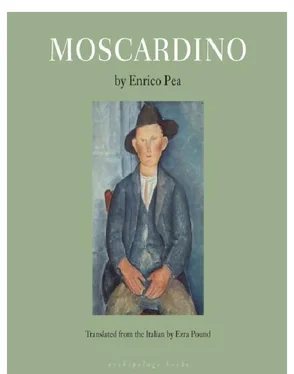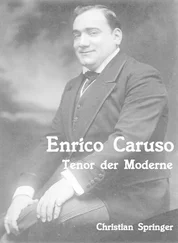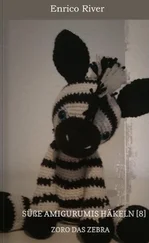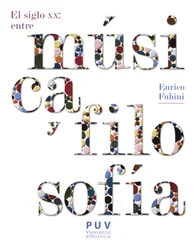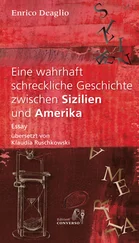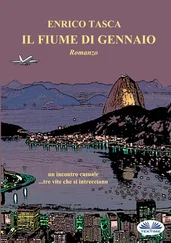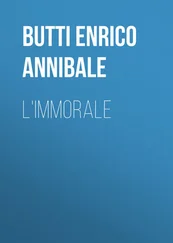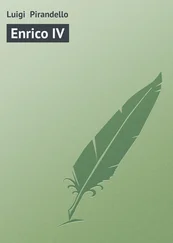The Reverend Robertson is mentioned in Canto 76:
[. .]
“Dawnt let ’em git you” burred the bearded Dottore when was the Scotch Kirrk in Venice to warn one against Babylonian intrigue
[. .]
And the statue of the donkey with ancient rituals still exists in Verona, as does the “Volto Santo” in Lucca. But the translation of the entire text of Il romanzo di Moscardino which includes Il Volto Santo-Magometto-Il Servitore del Diavolo, 1944, is still unpublished, although it was Pea’s ardent wish to have it appear in English. Olga Rudge and John Drummond worked on it for several years, but I suppose the manuscript, unsolicited or rejected, like my Hardy translation, never reached the finished stage.
Pea’s last letter to Pound at Saint Elisabeth’s is dated March 26, 1958:
Mio carissimo Pound,
The Italian radio t-day, March 26, 1 o’clock, has announced that the American government has finally expressed the good intention to set you free. Questa notizia ha messo in allegria la mia casa. [. .]
The joyful reunion, looked forward to, never took place. On August 11, 1958, Pea died. On that very day, we had addressed a card to the usual Bar Roma, Forte dei Marmi: “EZP a E.P. salutissimi. ”
In 1981, for Pea’s centenary, the province of Lucca sponsored a beautiful volume: il mondo di Pea. Pea’s world: richly illustrated and with many interesting articles by his friends. On pp. 118–19, right above Montale’s words “. . The superb result is not surprising,” we find the reproduction of the Pesce d’Oro, 1956 cover of Moscardino, and a photograph of Ezra Pound, who had died in 1972. Whether a consequence of remarkable editing and layout or of chance, the two friends would have liked it.
Mary de Rachewiltz
Brunnenburg, May 2004
Before the war Ezra Pound was no more than a name to me. Later I was to learn from Luigi Berti, then his authorized translator, something of the nature of his poetry, with its sudden interpolations of reminiscences, at times parenthetically incorporated in the rhythm of the song, at times abruptly detached from it.
“Ezra Pound is the mysterious master of the best of our modern poets, as he was in the past of Eliot, and of many others in England, France, and America. His poetry is a poetry of imagery, and often of analogy: the word has significance in itself even if it is not always immediately clear how its ordinary meaning is to be understood in the context. .”
At the same time my curiosity began to be aroused by what I kept hearing of the man and his art. Giovanni Macchia, who was then teaching at the University of Pisa, spoke to me about him; so did G. B. Vicari, Leonardo Sinisgalli, and others. And with surprising simultaneity I also came across specimens of his poetry and repeated references to his name in print. “It happens like that,” Sinisgalli explained to me: he was always prepared to see the working of occult forces in everything.
“It happens like that with ideas, discoveries, and inventions even with words: at a certain moment they begin to vibrate in the air, and will even cross the ocean in search of an ear tuned to receive them.
“A few days ago, in fact (I’ve no idea for what strange symbolic reason), a word I’d never heard of before came under my eyes at least five times in the space of a week. I almost felt I was being persecuted by what seemed to me a diabolic word: nassa. Never before had I even heard the sound of it, though I now know that it’s the name for a kind of cigar-shaped, basket-work trap, made of canes or osiers, used for catching fish.”
It was not long afterward, on reading an interview dealing with the American poet’s opinion of various Italian writers, that I learned that Pound considered me one of the few worthy of being made known abroad.
War was already raging.
In a short and unexpected letter Pound had informed me of his proposal to translate Moscardino. It was typical of his dynamic personality that the next thing I knew (almost before he could have received my reply to his letter, which had certainly flattered my self-esteem) was the sight of him in person, jumping down from a cab, at the entrance to the café near the mole at Viareggio, where I used to work.
The first manifestations of fellow-feeling, like those of love, are nearly always mutual. And the exchange of a few words between Pound and myself, on the threshold of that café, established in an instant a perfect understanding. The physical appearance of the man attracted me immediately. I admired his air of civility, and it hardly seemed that his imposing figure, at once primitive and refined, carried the weight of more than fifty years. His bearing was lively; he was dressed with apparent negligence, but actually in clothes of sober good taste. The original pale copper of his somewhat disheveled hair was mingled with the grey due to his years. And the beard, though it covered his chin but sparsely, gave length to his slightly Mephistophelean features.
He would not let me take the brown case that swayed in his left hand. Inside the café, when he opened it on the marble-topped table, the half-moon of a typewriter’s bars made its appearance. The metal clips held a sheet of paper on the roller, and on it were already listed words in the Versilia dialect that occurred in Moscardino.
On these we set to work immediately. As I explained their meaning, Pound typed the English equivalent beside each word. Then we got to talking about Egypt, whereupon I realized over what a wide field Pound’s thirst for knowledge ranged. He was by no means satisfied with vague generalities about customs and landscape: he wanted information about the social life of the people in Egypt. As I had lived as a workman, manufacturer, and merchant in that country, he wanted me to tell him the precise extent to which the fellaheen were exploited by the Jews, the Greeks, and the English intruders; also about the usurious banks in Cairo and Alexandria. I was able to tell him how I had made iron-bound wooden chests for the Ottoman Bank, for the shipment of gold sovereigns overseas; and, when the Anglo-Egyptian Bank sumptuously renewed its premises, opposite the Bourse in Rue Sherif Pasha, how I had supplied the desks of red mahogany at a price of £60 each. I was not competent to discourse with him about “High Finance,” which he inveighed against, as he said it was the cause of all the wars in the world.
We met frequently that year, as Pound was traveling to and fro between Rome and Rapallo. I have a vivid memory of what proved to be his last departure. I went along with him to the station. We found the barrier already closed, and the train beginning to move off. Pound lost no time in farewells. Taking a firm grip on the handle of his typewriter with his left hand, he took a flying leap over the barrier and jumped onto the moving train with all the ability of an American cowboy who vaults onto the back of a fleeing horse.
I never saw him again. But from the confinement of the prison camp near Pisa a treasured message reached me that recalled to mind the red mahogany of the desks of that bank in Egypt: a color that will always be linked in my memory with the bond of sympathy that was formed between us at the moment of our first encounter.
Enrico Pea
The Signora Pellegrina went into mourning at once, she put on black silk, put a black hem on her nightgowns, lowered the blinds, and lit a lamp on the wide linen-cupboard.
She was of high lineage and had come in for the shares of two sisters who had gone into convents and passed away early, but her husband had been a poor hand at guiding the domestic economy and had left little either of her good heritage or of his own. He had been honorary physician to the Confraternity of the Misericordia, and High Chamberlain of the Church of San Lorenzo; he had had, therefore, a magnificent funeral.
Читать дальше
